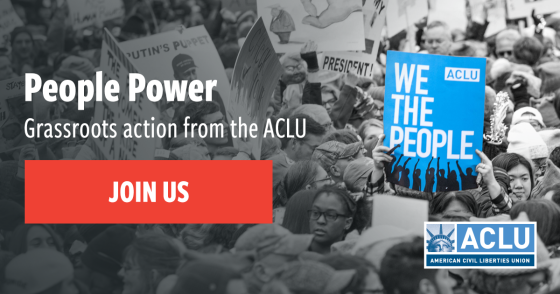LINCOLN, Neb. – Today in honor of Trans Day of Visibility, the ACLU of Nebraska, OutNebraska and Professional Transgender Resource Network (PTRN) Nebraska sent information to Douglas County and Lancaster County election officials about voting access for gender nonconforming, nonbinary and transgender Nebraskans.
The tip sheet lays out simple definitions and guidance that will help poll workers create a welcoming environment and protect eligible voters’ rights to cast a ballot during the upcoming Lincoln and Omaha city elections.
Trans Day of Visibility is a day to honor transgender community members and raise awareness of the discrimination and barriers they face in various facets of public life. By sending this information, the partners seek to honor the intent of the day by ensuring our polling places are welcoming for all Nebraskans.
“Nebraska should be for everyone and the same goes for our polling places. It’s been my experience that poll workers welcome these types of educational resources because they take their job of supporting voters seriously. We hope this information contributes to a positive experience for every gender nonconforming, nonbinary and transgender voter who will be practicing their fundamental right to vote at a polling place this spring.”
Sara Rips, ACLU of Nebraska LGTBQIA+ Legal and Policy Counsel
"One of the key areas of OutNebraska's mission is to educate people on the lived experience of LGBTQ+ people. We are pleased to provide this educational resource to help ensure election workers can do their jobs. We know our poll workers want to treat everyone with dignity and respect. This resource can help them do that."
Abbi Swatsworth, OutNebraska Executive Director
The tip sheet is paired with voting rights information for gender nonconforming, nonbinary and transgender voters on TransNebraska.org, a website managed by the ACLU of Nebraska. Information includes answers to common questions and election protection resources.
This marks the fourth election season for the joint project. The organizations sent a similar resource to election officials in 2016, 2018 and 2020, receiving positive feedback each year.
